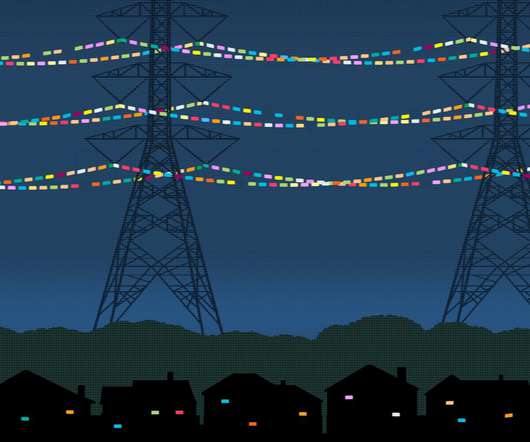Technip awarded contract for two hydrogen reformers in Venezuela to support expanded processing of Orinoco heavy crude
Green Car Congress
JULY 1, 2013
Technip was awarded a “significant” contract to supply its proprietary technology as well as engineering and procurement services for two hydrogen reformers in Venezuela. Technip defines a significant onshore contract as ranging from €50 to €100 million.















Let's personalize your content